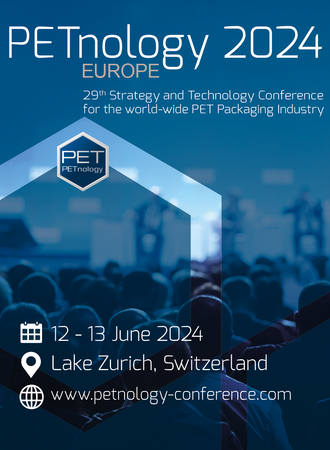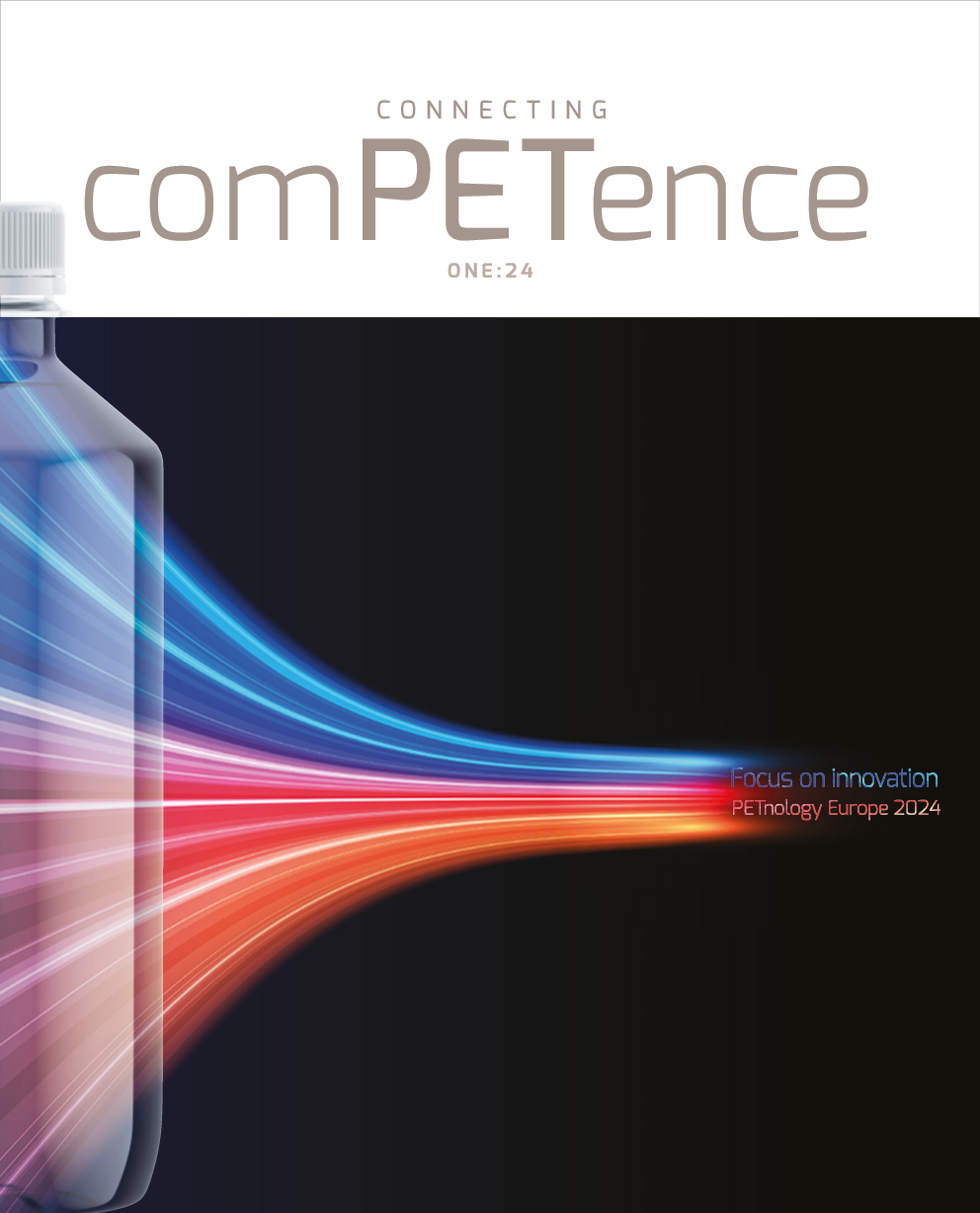"We are taking to the air these days on behalf of the consumer," says Wolfgang Feiter, head of Consumer Marketing Germany at Erdal-Rex. "We want to send a clear signal for absolute transparency regarding the origin of recycled plastic."
The Frosch brand and its parent company, family-owned Werner & Mertz, are working with Recyclate Initiative partners from industry, trade and NGOs, to do the right things right. That means the plastic waste which accumulates daily in consumers' homes is re-used to make new packaging. Plastic should not simply be burned or – even worse – allowed to pollute the oceans.
For more than five years the Recyclate Initiative has been committed to making the best of plastic waste from households, i.e., creating an everlasting cycle with used plastic from the Yellow Bag.
"In our engagement we are willing to try everything to motivate large companies like Henkel to talk to us about high-quality recycling of packaging materials and to join us in our efforts," says Feiter. Sustainability for the Frosch brand means demonstrating transparency to consumers. Among other things, the manufacturer is clear about the origin of raw materials for recycled packaging. "We believe that only genuine post-consumer recyclates deserve the name 'recycled plastic'," says Feiter. The consumer correctly connects the term "recyclate" to a material that comes from the post-consumer flow, that is, from a familiar and existing household waste collection system for plastic like the Yellow Bag or the deposit bottle system. "Unlike Henkel," he added, "we believe the consumer cares about where the recycled material comes from."(See: » https://www.report-d.de/Wirtschaft/Unternehmen/Duesseldorf-Recycling-Henkel-nennt-Forderungen-der-Banner-Flieger-nicht-sinnvoll-105313.)
Post-industrial recycled content is not genuine packaging waste
Unfortunately, the consumers' trust is now being put to the test, Feiter says. The recycled packaging made from packaging waste now offered in the retail market does not consist only of plastic waste from private households.
Often included is plastic waste (e.g., regrind, rework, scrap) from industry which is known as "post-industrial recycled content".
The recycled content is plastic which has not gone through a usage phase but instead has been re-used by the packaging manufacturer to reduce material waste during the production process. Consequently, it is highly unlikely that the post-industrial material stream ends up in the environment. Because the content is generally single-source material with a high re-use value, this type of waste is even traded. That means that post-industrial recycled content is currently re-used by manufacturers for economic reasons alone. It also means, however, that post-industrial recycled content hardly contributes to reducing the total amount of plastic waste – and does not contribute at all once the material gets to the end consumer, where the potential is highest.
If the recycled content is resold as plastic flakes and thereby removed from the manufacturer's own supply chain, the industrial waste and products made from that waste are no longer called "post-industrial recycled content" but – like used plastic from private households – may be labeled simply "packaging waste". The post-industrial recycled content that finds its way to the consumer is actually disposable plastic with a new name. It's true that it can be recycled effectively, but that means someone has to do it. Right now that is not being done, at least not by the parties that put the material into circulation. On the contrary, they continue to add new recycled content to the mountain of plastic instead of re-cycling used plastic. The source of recyclable material which is so important is consciously ignored even though it has the greatest potential.
"Passing off packaging made of this material as recycled packaging is 'deceptive' packaging in the truest sense of the word," says environmental activist Hannes Jaenicke, "because it not only confuses the consumer completely, but also negates the idea of a true circular economy. In this case recycled materials are advertised to consumers although in reality no effort has been made to process the consumers' plastic waste." Jaenicke, who is fighting against the ever-increasing plastic litter in the world's oceans, says the only solution is to put necessary packaging of plastic into a closed cycle and simply do without unnecessary packaging.
"We at Frosch appeal to all manufacturers: Do not gamble with the consumers' trust! And do not pass up the chance for our environment and a future without mountains of plastic waste. That's why we say, We have to talk, Henkel!" says Reinhard Schneider, owner of Werner & Mertz and pioneer of the Recyclate Initiative.






